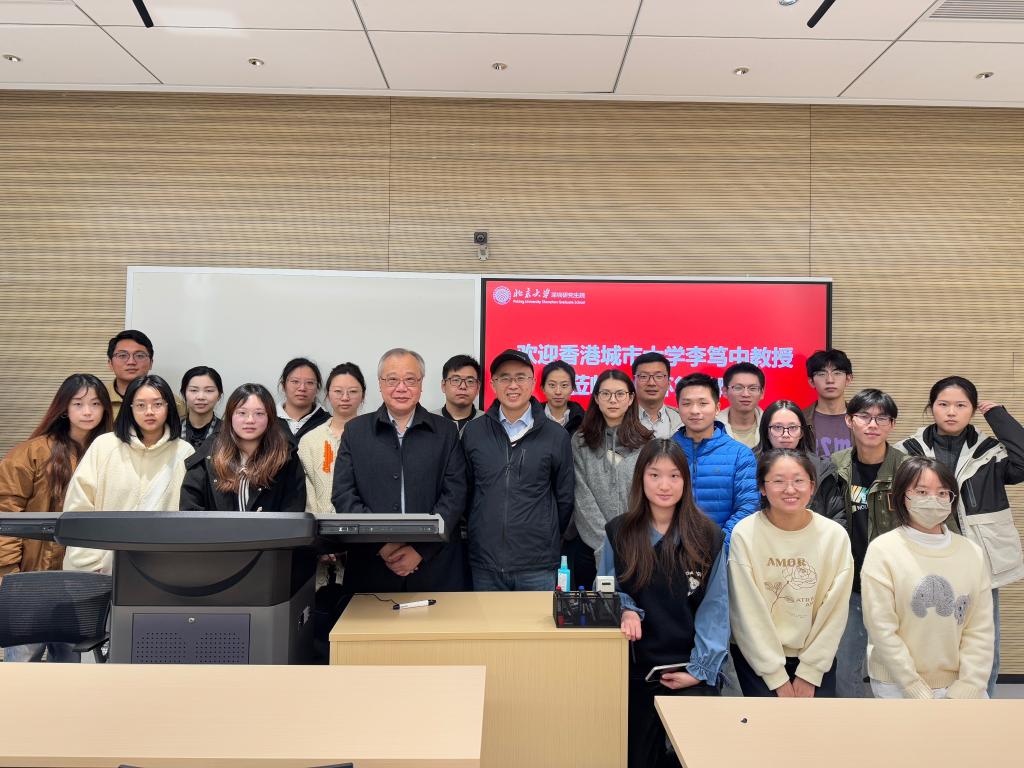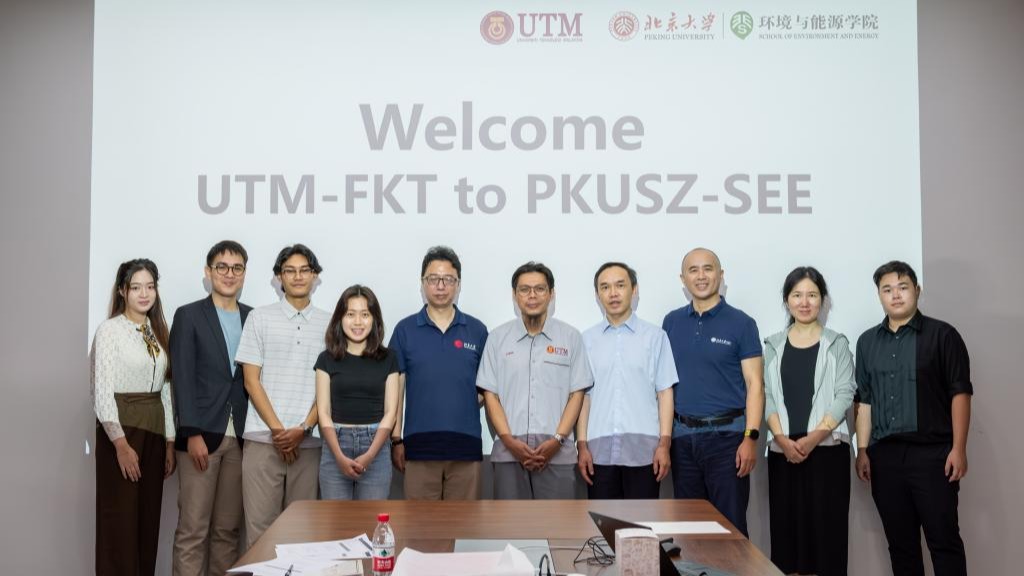On December 20, 2024, at the sincere invitation of Professor Qiyong Xu, Professor Duzhong Li , a Chair Professor at City University of Hong Kong, visited our school and delivered an academic lecture. Professor Li shared insights on two main topics: "The Framework of Circular Bioeconomy and Its Challenges and Potentials in Implementation" and "How to Conduct Research." This lecture not only provided an in-depth analysis of the crucial role of circular bioeconomy in efficient resource recycling and sustainable development but also explored the challenges and solutions in the scientific research process.
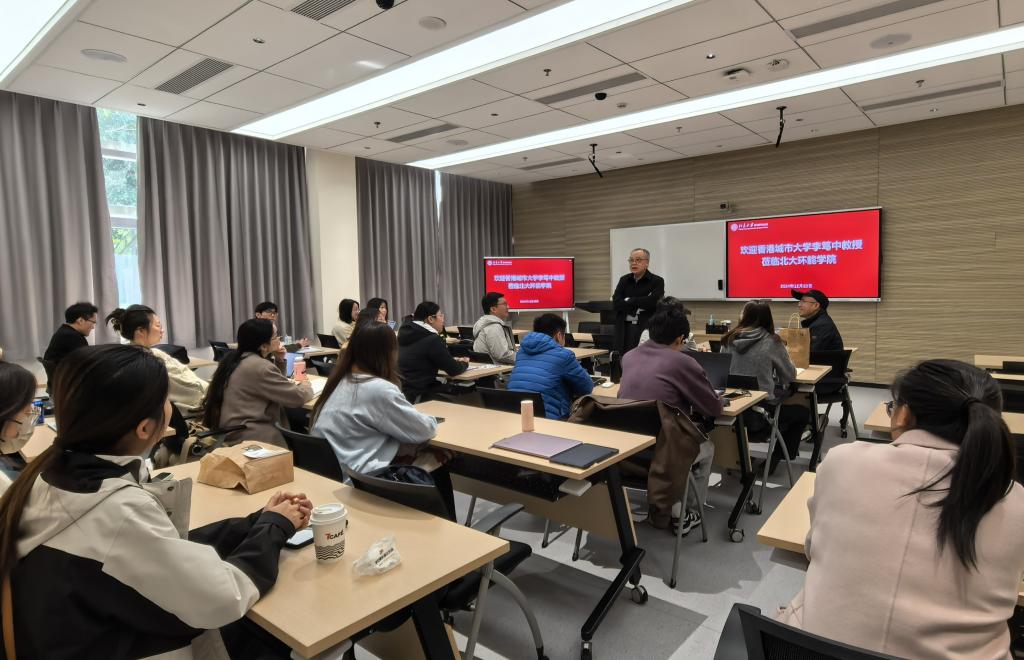
1. The Framework of Circular Bioeconomy and Its Challenges and Potentials in Implementation
Firstly, in the discussion of the circular economy framework, Professor Li pointed out a common misconception among the public regarding circular economy, which is that waste can be easily converted into resources for recycling. He emphasized that according to the Second Law of Thermodynamics, energy loss occurs during conversion, making it impossible to achieve 100% recycling.
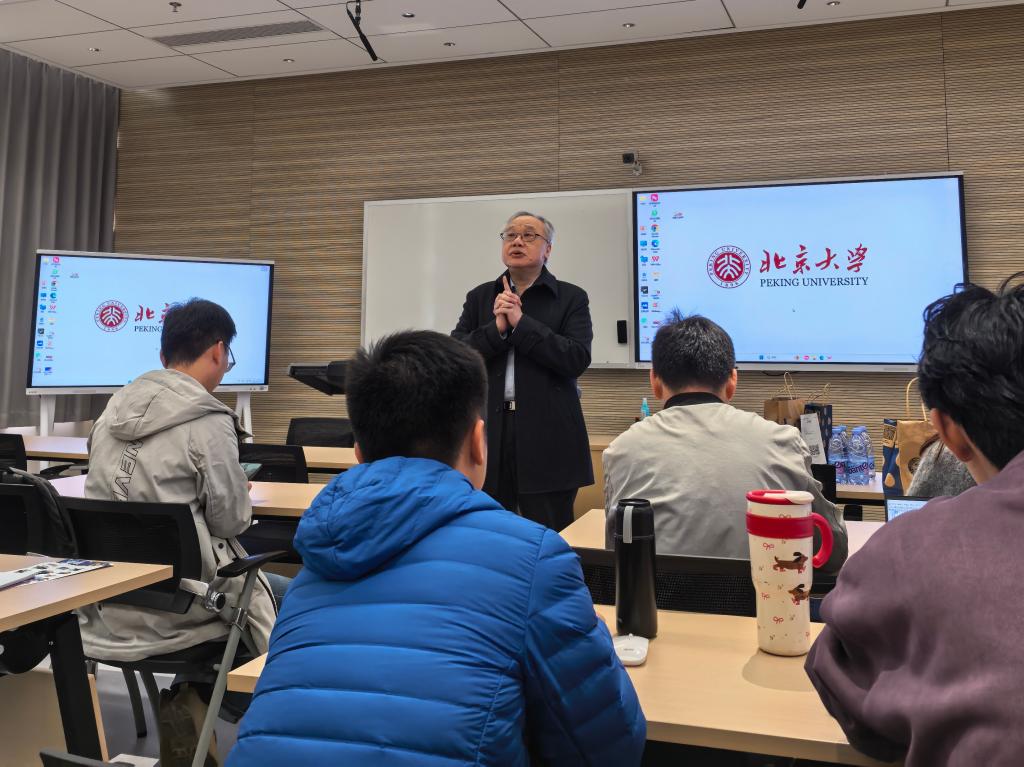
The development and utilization of biomass energy are considered essential components of the circular bioeconomy, primarily due to the depletion of oil and natural gas resources and its environmentally friendly nature. However, bio-oil faces challenges such as complex processes and high costs, which hinder its market competitiveness. Additionally, Professor Li noted that technological breakthroughs in international shale oil development pose challenges to the circular bioeconomy. Regarding the future development of circular bioeconomy, Professor Li suggested promoting it by aligning with human needs and practical demands, as well as fostering cooperation among various industries.
2. Discussion on Research-Related Issues and Experience Sharing
In the session on research-related issues and experience sharing, Professor Li provided guidance on how to conduct research, process data, and choose career paths. He advised researchers to first clarify their research orientation by browsing through literature to become "experts in their own topics" and learn to read literature reasonably and precisely. During the research process, he believed that researchers should base their work on a love for their topics, observe experimental results carefully, and promptly re-do or delve deeper into the mechanisms behind abnormal data.
Lastly, Dr. Chen Xingyu, a member of Professor Li's research group, shared the topic of "How to Build More Efficient, Sustainable, and Intelligent Wastewater Treatment Plants" and engaged in lively exchanges with teachers and students.
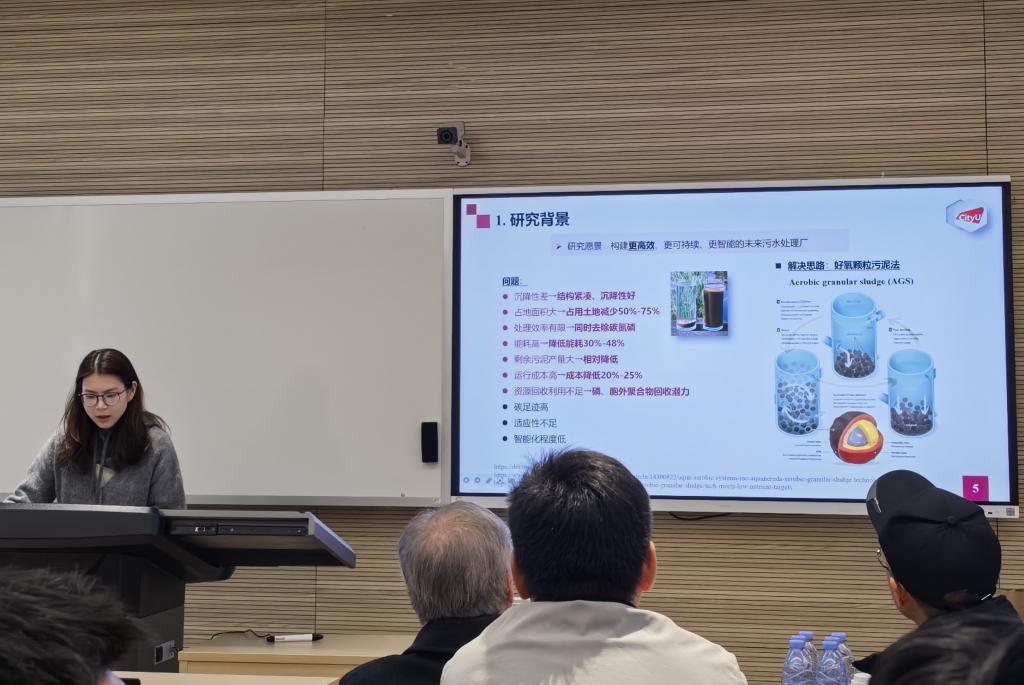
This lecture provided valuable academic resources and research guidance for the students. Professor Li Duzhong's profound insights and rich experience will undoubtedly have a positive impact on the students' academic research and career development.
